Best movies like Boca do Lixo: A Bollywood Brasileira
A unique, carefully handpicked, selection of the best movies like Boca do Lixo: A Bollywood Brasileira Starring Carlos Reichenbach, Aldine Muller, Antônio Fagundes, Adriano Stuart, and more. If you liked Boca do Lixo: A Bollywood Brasileira then you may also like: The Universal Language, Welcome to Arrow Beach, Welcome to Nollywood, Ring of Steel, Around the World with Douglas Fairbanks and many more popular movies featured on this list. You can further filter the list even more or get a random selection from the list of similar movies, to make your selection even easier.
A documentary on Boca do Lixo, a dowtown São Paulo square that became a tentpole for film distribution on the early 20th century, becoming, from the 1960s on, a production district for popular eroctic films and for avant-garde directors.
Boca do Lixo: A Bollywood Brasileira
You may filter the list of movies on this page for a more refined, personalized selection of movies.
Still not sure what to watch click the recommend buttun below to get a movie recommendation selected from all the movies on this list
Welcome to Arrow Beach
A hippie girl wandering on a California beach is taken in by a Korean War veteran who lives in a nearby mansion with his sister. The girl soon begins to suspect that the mansion is home to some very strange goings-on.
Welcome to Nollywood
The Nigerian film industry, known as Nollywood, has exploded in the last ten years. Now the most popular cinema in all of west Africa--even more popular than imports of Hollywood or Bollywood films--the Nigerian film industry has distinguished itself by shooting all films (called video films) on digital video. This has allowed production schedules to be compressed (films are shot in several days) and immediately brought to market (distribution consists of bringing films to Idumota electronics market in Lagos and selling them for home viewing). The sheer volume of Nigerian video films is staggering: one estimate has a film being produced for each day of the year. Nollywood is now the third-largest film industry in the world, generating US$286 million a year for the Nigerian economy. And yet this vibrant, profitable industry is virtually unknown outside of Africa.
Ring of Steel
Documentary short detailing the American soldier's part in preserving the fundamental ideals of this nation.
Around the World with Douglas Fairbanks
With the advent of sound, the world's leading screen idol, Douglas Fairbanks, experienced a downturn in his fortunes. His thin, reedy voice was not suited to the talkies, his marriage to Mary Pickford was on the outs, and his son, Douglas Fairbanks, Jr., had replaced him as a major box-office draw. Faced with the Hollywood equivalent of a mid-life crisis, Doug called up three of his best friends - director Victor Fleming, cinematographer Henry Sharp, and production manager Charles Lewis - and took them on a six-month tour of Asia, ostensibly to shoot a travelogue for United Artists (of which Fairbanks was still a major shareholder.) Their first stop is Honolulu, followed in quick succession by Japan, China, Peking, Hong Kong, Indochina, the Philippines, Siam, and India. Fairbanks and company spend time at such noteworthy spots as the Taj Mahal, Angkor Wat, the Summer Palace and the Sun Yat-Sen Mausoleum.
Czechoslovakia 1968
Short documentary about 50 years of history of Czechoslovakia, with archive images.
The Forgotten Frontier
The Forgotten Frontier (1931) is a documentary film about the Frontier Nursing Service, nurses on horseback, who traveled the back roads of the Appalachian Mountains of the eastern United States.
Hearts of Darkness: A Filmmaker's Apocalypse
A chronicle of the production problems — including bad weather, actors' health, war near the filming locations, and more — which plagued the filming of Apocalypse Now, increasing costs and nearly destroying the life and career of Francis Ford Coppola.
London's Trafalgar Square
Moving picture of London's Trafalgar Square traffic, filmed with a kinesigraph.
Carl Laemmle
A documentary about the life of Carl Laemmle, early cinema pioneer and founder of Universal Studios, documenting his life in Hollywood and his efforts in the 1930s to save Jewish families in Nazi Germany.
Boris Karloff: The Man Behind the Monster
Beginning just before his debut as Frankenstein’s creation, this documentary compellingly explores the life and legacy of a cinema legend, presenting a perceptive history of the genre he personified. Karloff's films were long derided as hokum and attacked by censors, but his phenomenal popularity and pervasive influence endures, inspiring some of our greatest actors and directors into the 21st Century – among them Guillermo Del Toro, Ron Perlman, Roger Corman, and John Landis, all of whom and many more contribute their personal insights and anecdotes.
Linha de Passe
In the periphery of São Paulo, the pregnant single mother Cleuza works as maid in the apartment of a middle-class family. Each of her sons has a different unknown father: the oldest, Dênis, has a baby son that lives with his mother and he works as motorcycle courier.
The Red Light Bandit
Born and raised in the misery of Brazilian slums, Jorge becomes a luxury house burglar in São Paulo and gets nicknamed "The Red Light Bandit" by the sensationalist press. In addition to wearing a red flashlight, he talks to his hostages in an irreverent tone and makes bold breakthroughs to later spend the money extravagantly. His world is the decadent neighbourhood of Boca do Lixo.
Boca
Adapted from his autobiography, the film recounts the story of Hiroito, The King of Boca do Lixo (a region in downtown São Paulo of the fifties where various nightclubs, strip joints, prostitution, bars, and drugs can be found). Hiroito was a well born bohemian and at the age of 21 was accused for the murder of his father, who was violently stabbed over 40 times with a razor. Hiroito was not charged, however two months after the death of his father, Hiroito bought two guns and moved to Boca do Lixo and became one of the most dangerous criminals of the region.
The Brothers Warner
An intimate portrait and saga of four film pioneers--Harry, Albert, Sam and Jack who rose from immigrant poverty through personal tragedies persevering to create a major studio with a social conscience.
Paulo Freire Contemporâneo
In honor of educator Paulo Freire , the Ministry of Education (MEC), through the Department of Distance Education (Seed), launches the documentary "Paulo Freire contemporaneous", by Toni Venturi. According to the director, the video takes up the origins of the first experiences of literacy and popular education developed by Paulo Freire and shows how his thinking and pedagogy are still present today. This is not just a memory movie. The documentary shows situations in which the Freirean teaching model is used today. People are unaware of actions that drank from that fountain. The film updates Paulo Freire and shows how he took root in many segments of society
Red Carpet
Quinzinho (Matheus Nachtergaele) has a promise to keep: take your child, Neco (Vinicius Miranda), to the city to watch a movie Mazzaropi. They live in a small farm in São Paulo. In this odyssey by the cities of São Paulo, he also leads his wife Zulmira (Gorete Miracles), which part unwillingly, and the donkey Policarpo. On the journey, they find regional peculiarities and undergo magical situations, related to popular belief.
Fascism and Football
Documentary examining how the three most powerful fascist dictators of the 20th Century - Mussolini, Hitler and Franco - used football's popular appeal as vehicle of propaganda. Rare archive footage, combined with evidence from historians and contributions from former stars of the game, is used to expose the cases of corruption, sabotage, intimidation and even alleged murder that affected the lives of supporters and many high-profile players alike.
When Seattle Invented the Future: The 1962 World's Fair
Historical photographs and film of the 1962 Seattle World's Fair bring this documentary to life. Seattle's business, civic and cultural leaders and longtime residents tell of the excitement and ambition the Fair ignited.
30 Years of James Bond
An examination of why the James Bond films have proved so popular including a discussion between the four actors who have played Bond, an interview with Cubby Broccoli and contributions from the directors, production designers, special effects and stuntmen.
Yesterday's Tomorrows
Showtime's "In the 20th Century" is a millennium-related strand of feature-length documentaries in which famous directors take on major subjects of their choosing. In the third of the six films, "Yesterday's Tomorrows," filmmaker Barry Levinson delves into what we, as Americans, thought the future would be as we traveled through the 20th century. Houses and cars of the future, the promise of technology, and the other hopes and dreams of the early part of the century gave way to the fears and anxieties brought about by the atomic age and the Hollywood disaster films that followed. Soon we wondered if we could control technology, or if it would control us. This film is by turns light-hearted and thoughtful, and rare historical and archival film, produced by government and industry, alternates with on-screen interviews with people as diverse as consumer advocate Ralph Nader, cartoonist Matt Groening, futurist Alvin Toffler, comedienne Phyllis Diller, and actor Martin Mull.
São Paulo's War
In 1932, more than two hundred thousand men armed with machine guns, grenades and canons took part in on of the most violent wars in America in the 20th century. Brazilian against Brazilian, in a conflict that involved air raid of big cities – such as Campinas, Santos and São Paulo - and resulted in more than two thousand deaths. Why did this war happen? Who took part in it? What were the details of the conflict? How did the war end? The documentary tells this episode of the country's history, not only grand but also unknown, with an accessible language and an involving rhythm.
Ayrton Senna Lifestyle in Brazil
British documentary showing the intimacy of Ayrton Senna in Brazil. Like his farm in Tatuí, interior of the state of São Paulo, where he built a kart track. He travels by helicopter through the city of São Paulo, to his building in Santana, North Zone of the city. He shows his houses in São Paulo and Angra dos Reis, in Rio de Janeiro. And it speaks of its physical and psychological preparation.
From Behind Closed Doors
Showtime's "In the 20th Century" is a millennium-related strand of feature-length documentaries in which famous directors take on major subjects of their choosing. In the second of the six films, "From Behind Closed Doors," filmmaker Robert Townsend delves into America's fraught relationship with sex and sexuality, using New York's Times Square as the focal point as he traces 100 years of sexual mores and practices.
In Search of the Happy Ending
Showtime's "In the 20th Century" is a millennium-related strand of feature-length documentaries in which famous directors take on major subjects of their choosing. In the first of the six films, "In Search of the Happy Ending," filmmaker Garry Marshall delves into the institution of marriage as it has evolved in America throughout the past 100 years.
São Paulo, Incorporated
Carlos is a young man from the São Paulo middle class who works for a big company during a time when foreign automobile industries were settling in Brazil. Shortly after, he accepts a job at a factory that makes automobile parts, where he becomes manager. To a certain extent, he is a family man who works hard, earns well and lives unsatisfied. Without any prospects in his life to change the condition he rejects, his last resort is escaping.
Short Journeys into the Night
Six musicians from São Paulo, Brazil, dream of being discovered at night, alternating days in precarious services and early mornings, seeking a path in the world of music
Emicida: AmarElo – Ao Vivo
To the beat of his avant-garde and eclectic rhythms, Brazilian rapper Emicida performs hits from his album AmarElo at the São Paulo Municipal Theater.
The Poles
Just before the Covid surge, a tour through futuristic carnivals of antiquity and the latest versions of things in São Paulo before the outbreak. Cars, bicycles and vehicles powered by petrochemicals still take one last ride in normality. In another parallel world, Carnival takes place in its various forms.
O Banquete
An elegant dinner, which takes place in real time, brings together a group of intellectuals in the early 90s in São Paulo, Brazil: the hosts are the editor of the country's top news magazine and her husband, the company's lawyer, and the occasion is the wedding anniversary of the magazine publisher and his wife, a famous theater actress. The publisher has written an open letter to the president of the country, with serious denunciations, which will run in the upcoming issue. He risks being arrested this very evening. As tensions increase with the imminence of prison, secrets come to light revealing the conflict between the ethics sought in public life and the ethics practiced in private life.
Beyond Gay: The Politics of Pride
Over the course of a year, film follows Vancouver Pride Society president Ken Coolen to various international Pride events, including Poland, Hungary, Russia, Sri Lanka and others where there is great opposition to pride parades. In North America, Pride is complicated by commercialization and a sense that the festivals are turning away from their political roots toward tourism, party promotion and entertainment. Christie documents the ways larger, more mainstream Pride events have supported the global Pride movement and how human rights components are being added to more established events. In the New York sequence, leaders organize an alternative Pride parade, the Drag March, set up to protest the corporatization of New York Pride. A parade in São Paulo, the world's largest Pride festival, itself includes a completely empty float, meant to symbolize all those lost to HIV and to anti-gay violence.




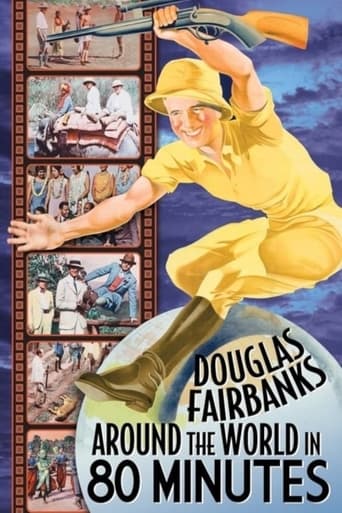


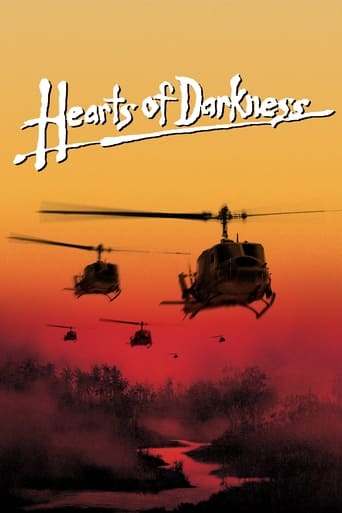








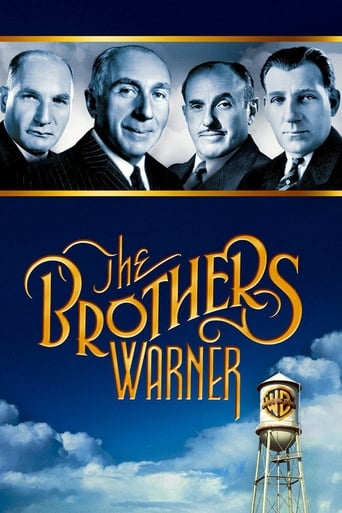






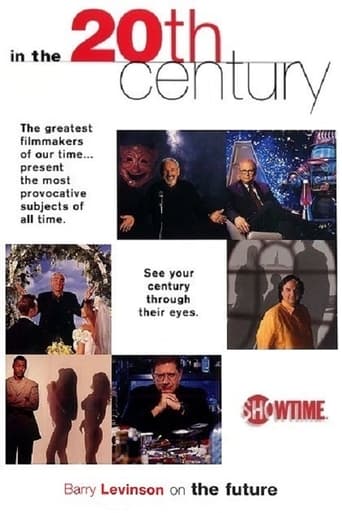



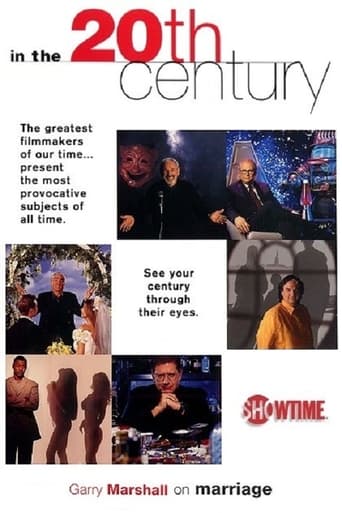








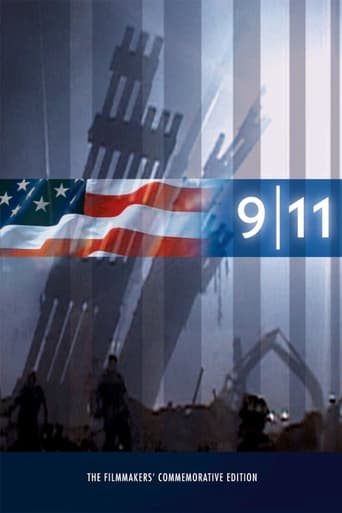

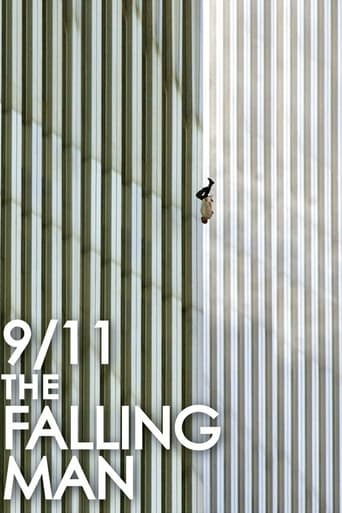
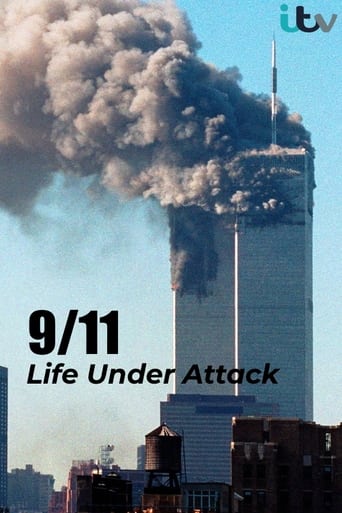
The Universal Language
The Universal Language is a new documentary from Academy Award-nominated director Sam Green (The Weather Underground). This 30-minute film traces the history of Esperanto, an artificial language that was created in the late 1800s by a Polish eye doctor who believed that if everyone in the world spoke a common tongue, humanity could overcome racism and war. Fittingly, the word “Esperanto” means “one who hopes.” During the early 20th century, hundreds of thousands of people around the world spoke Esperanto and believed in its ideals. Today, surprisingly, a vibrant Esperanto movement still exists. In this first-ever documentary about Esperanto, Green creates a portrait of the language and those who speak it today that is at once humorous, poignant, stirring, and ultimately hopeful.